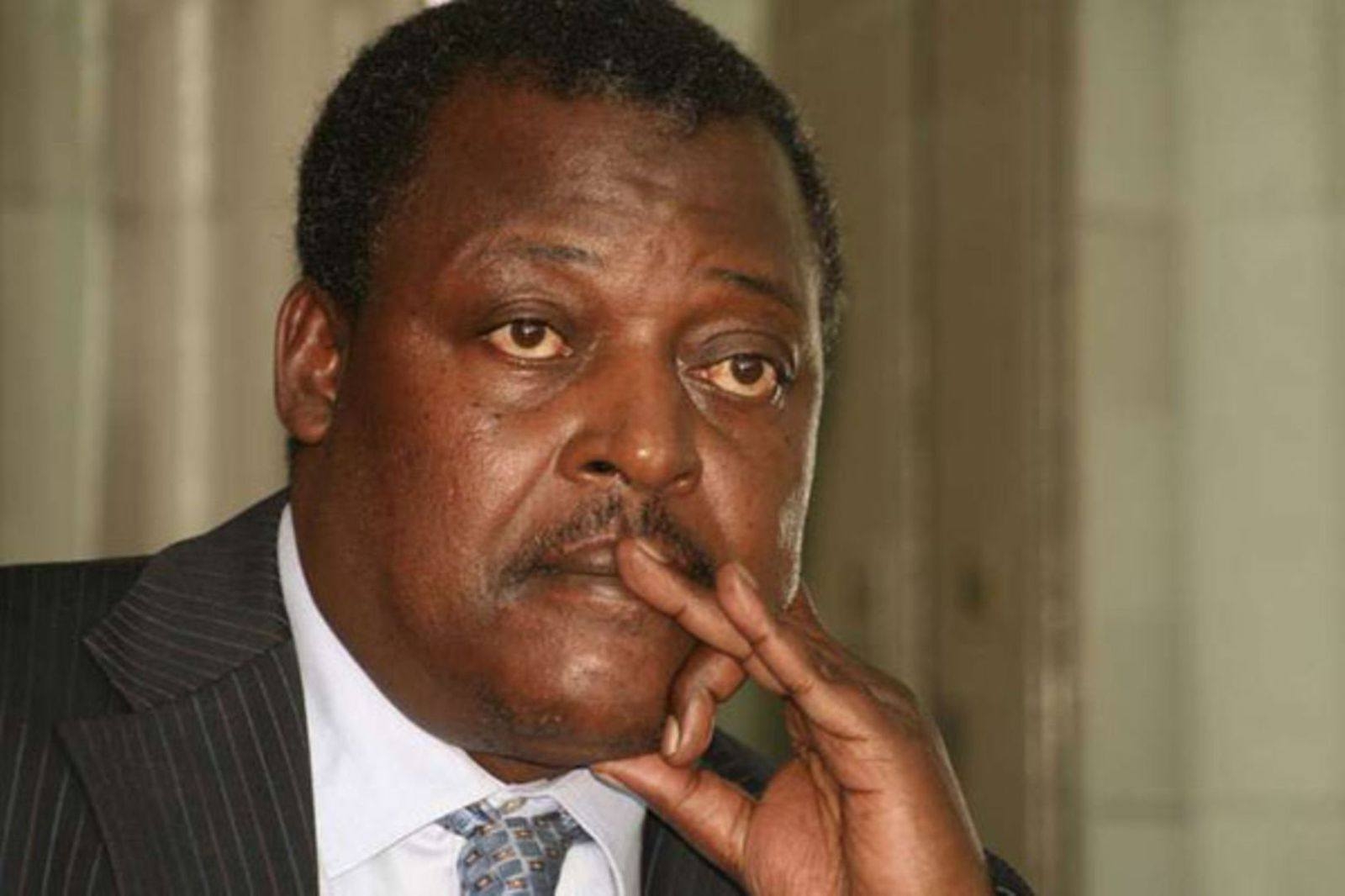The Kenya Kwanza administration has slammed Opposition Leader Raila Odinga's remarks over the oil importation matter.
On Thursday, leaders led by Majority Leader Kimani Ichung'wah termed Raila's allegations as street rumours and nothing short of hot air.
“What Raila Odinga billed as a dossier is nothing short of hot air, political propaganda, and cheap street rumours. His purported dossier lacked substance and is evidently part of his usual propaganda rumour mills,” Ichung'wah claimed during a media briefing at Parliament buildings.
Ichung'wah said that Raila was using the 'dossier' in an attempt to redeem himself politically.
“The entire so-called dossier is nothing but political hogwash cleverly designed to incite Kenyans and resuscitate his fledgling political base that is fast sliding away," the Kikuyu MP added.
Going further, Ichung’wah refuted Raila's claims that the Kenya Kwanza government-to-government deal was aimed at driving up the cost of fuel in the country while benefiting some state officials.
The Kikuyu MP made it clear that the three companies were representatives of Gulf nations’ oil companies and not agents of Kenya government as earlier claimed by Raila.
Ichung'wah also challenged the Opposition chief to produce evidence to prove whether the companies are tax compliant or not.
“Raila rightfully states Kenya’s Ministry of Energy and Petroleum signed a deal with State-owned petroleum companies in the Middle East. If that is not a government-to-government deal, what else is G-to-G if not a contract signed between a government ministry and a State-owned corporation?” he posed.
"We dare Odinga to table such evidence that these companies are not remitting their taxes," Ichung'wah added.
In a briefing earlier, Raila had claimed that the President William Ruto-led administration did not sign any agreement with Saudi Arabia, but rather it was signed between the Ministry of Energy and State-owned companies in the Middle East.
He also called on Kenya's investigative bodies; EACC and the Directorate of Criminal Investigations to probe the tax compliance status and pricing model of the three oil companies.
Turning to the taxman, Raila also asked Kenya Revenue Authority, to come clean on the tax compliance status of the three oil companies.
"KRA should also explain why they are being enabled to evade billions in taxes while ordinary Kenyans are being harassed for taxes," he said.
In addition, the Majority leader called out Raila for dragging Uganda’s President Yoweri Museveni into the fuel row.
He noted that by doing so, Raila is seeking to create enemity between the two nations.
“Raila's repeated suggestion that Kenya sources oil products for Uganda is factually incorrect, it points to desperation to create bad blood between the two neighbours. The G-to-G oil deal does not influence Uganda's oil imports, as Uganda independently procures its oil products and only transships its oil through Kenya's pipeline,” Ichung'wah said.
As a result, he called on Raila to desist from dragging Museveni’s name in his shadowboxing against the Kenya Kwanza administration.”
Raila had asked the Kenya Kwanza government to give a comprehensive brief on what the move by Uganda to pursue much of its petroleum needs through the Tanzanian Central Corridor means especially to the future of the Kenya Pipeline Company.
Early this week, Uganda chose Dar es Salaam port in Tanzania as its entry point for its oil imports.
This was done to foster the relationship between both the East African countries.
The move also preceded Uganda’s decision to end its dependence on Kenya for its oil imports.











